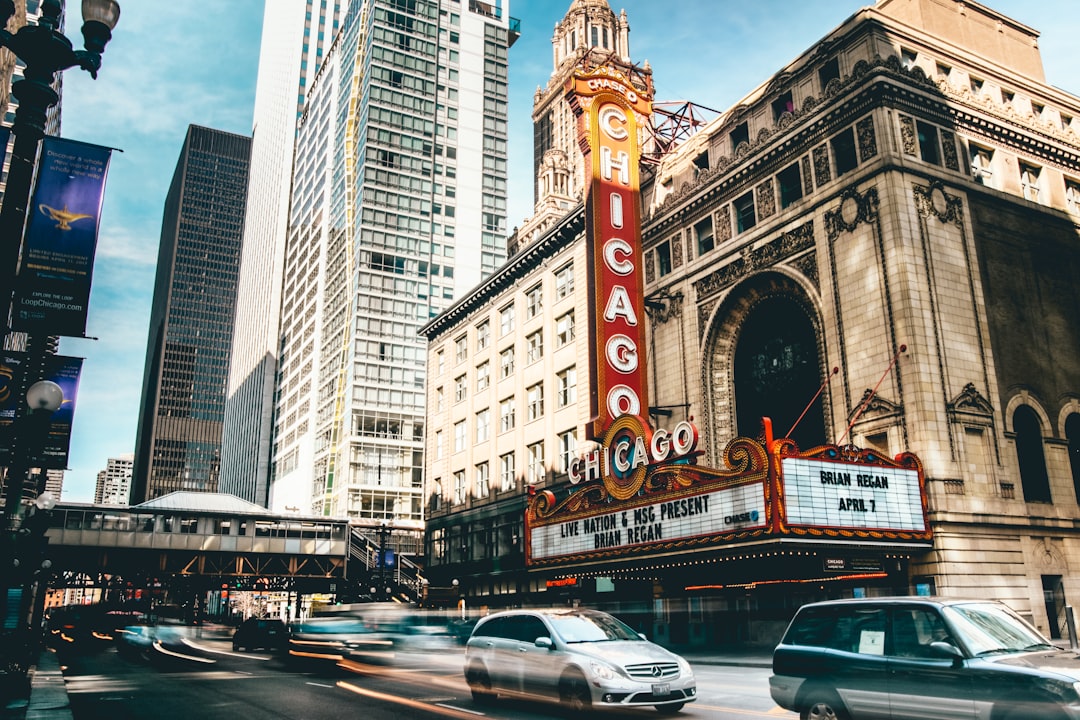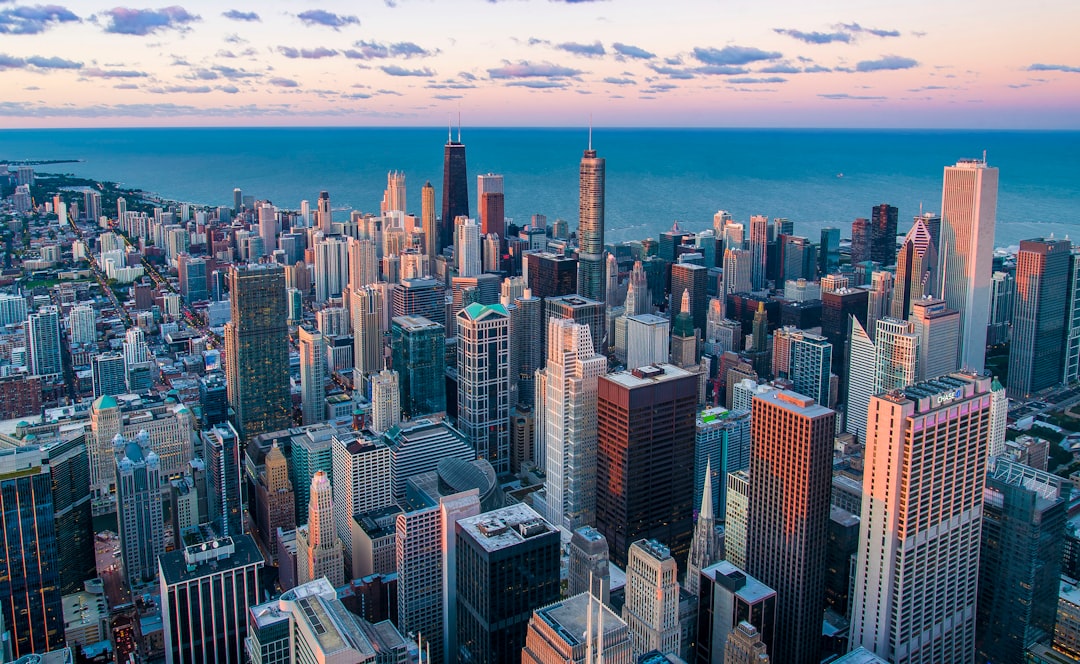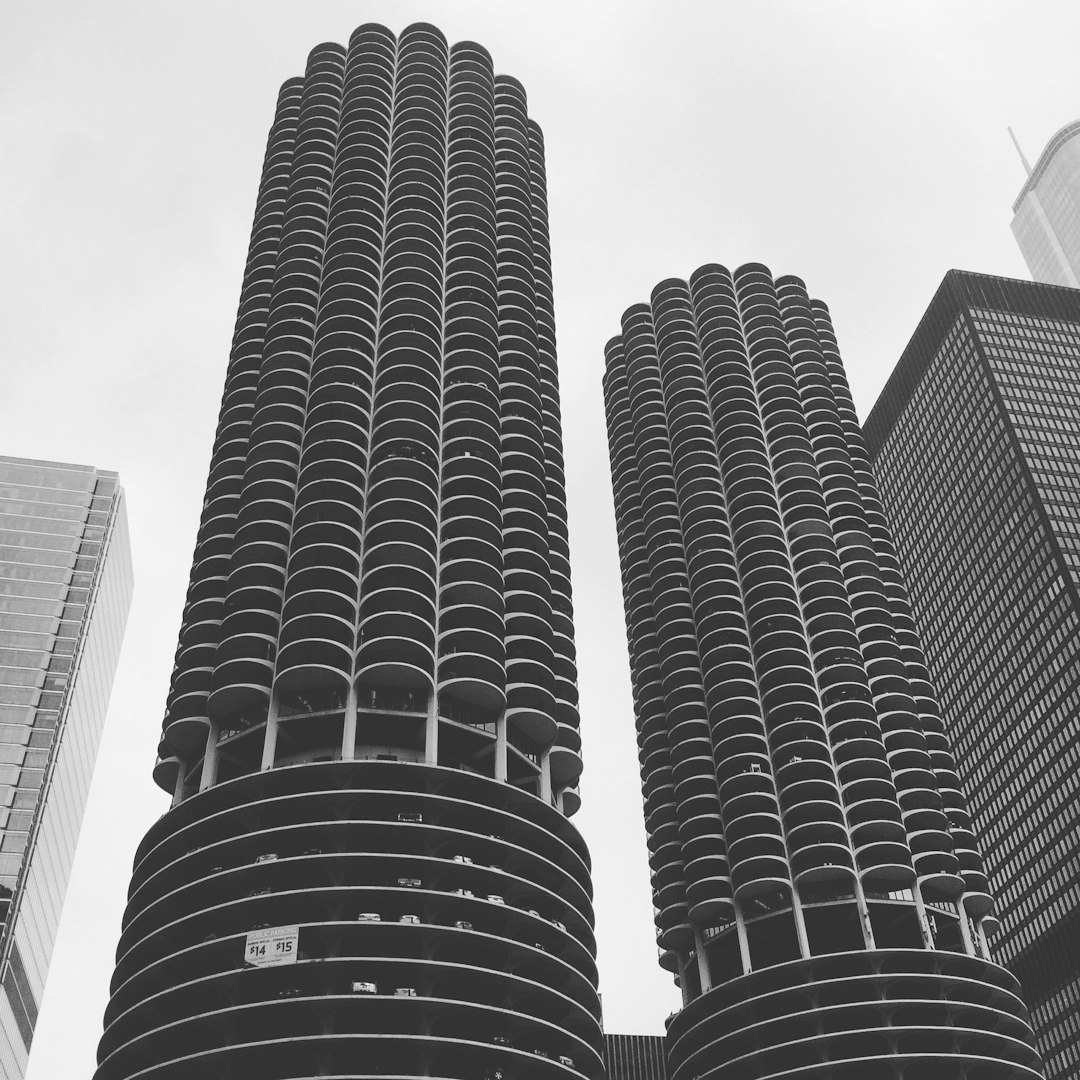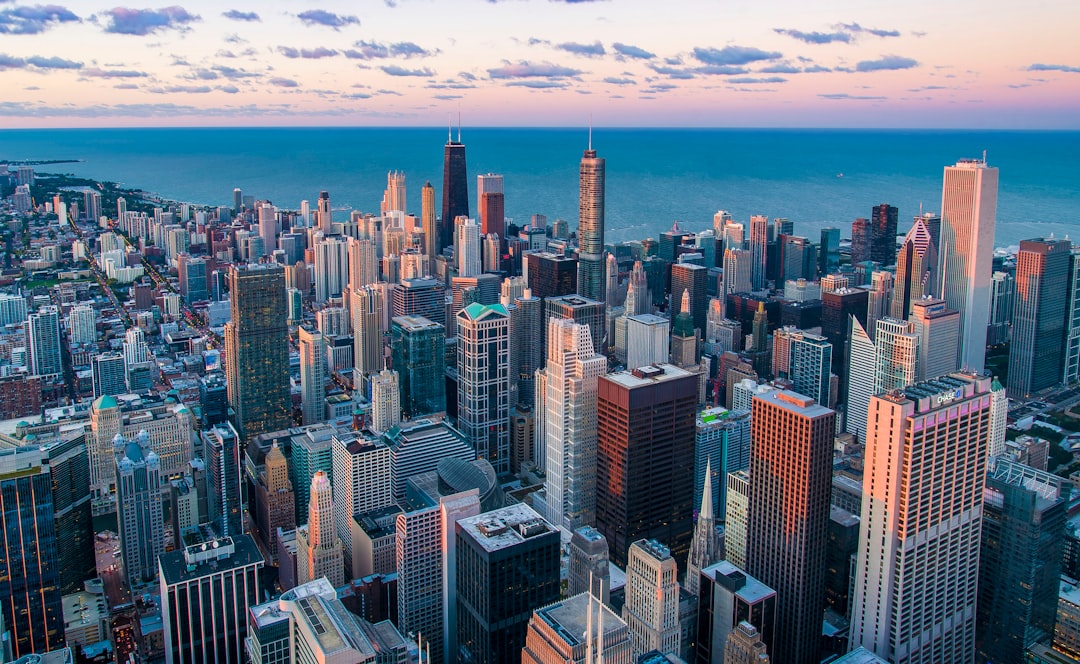AI-driven robocalls have revolutionized communication in Chicago, offering efficiency and targeted marketing but raising concerns about spam calls. This dynamic presents a delicate balance between innovation and regulation, with advanced algorithms enabling both positive outcomes like improved customer service and negative impacts such as nuisance calls. Chicago residents and businesses face challenges from AI-powered spam, leading to increased demand for Spam Call law firm Chicago legal guidance. The evolving landscape requires careful compliance with Spam Call Law, including obtaining explicit consent and implementing tracking systems. Strategies to combat robocalls include registering for the National Do Not Call Registry, using call-blocking apps, and consulting legal experts on protections like the Telemarketing and Consumer Fraud and Abuse Prevention Act. As AI technology advances, regulations will need to adapt to protect consumers while encouraging responsible innovation in an AI-dominated era.
In the bustling heart of Chicago, a silent revolution is taking place in communication. The rise of AI-powered robocalls has transformed downtown’s landscape, affecting residents, businesses, and even legal practices. This article delves into the integration of artificial intelligence in Chicago’s communication network, exploring its impact on spam calls and the city’s legal response through the Spam Call law firm regulations. We also uncover strategies for managing these AI-driven robocalls and consider future implications as technology continues to evolve.
Understanding Robocalls and AI Integration in Chicago's Communication Landscape
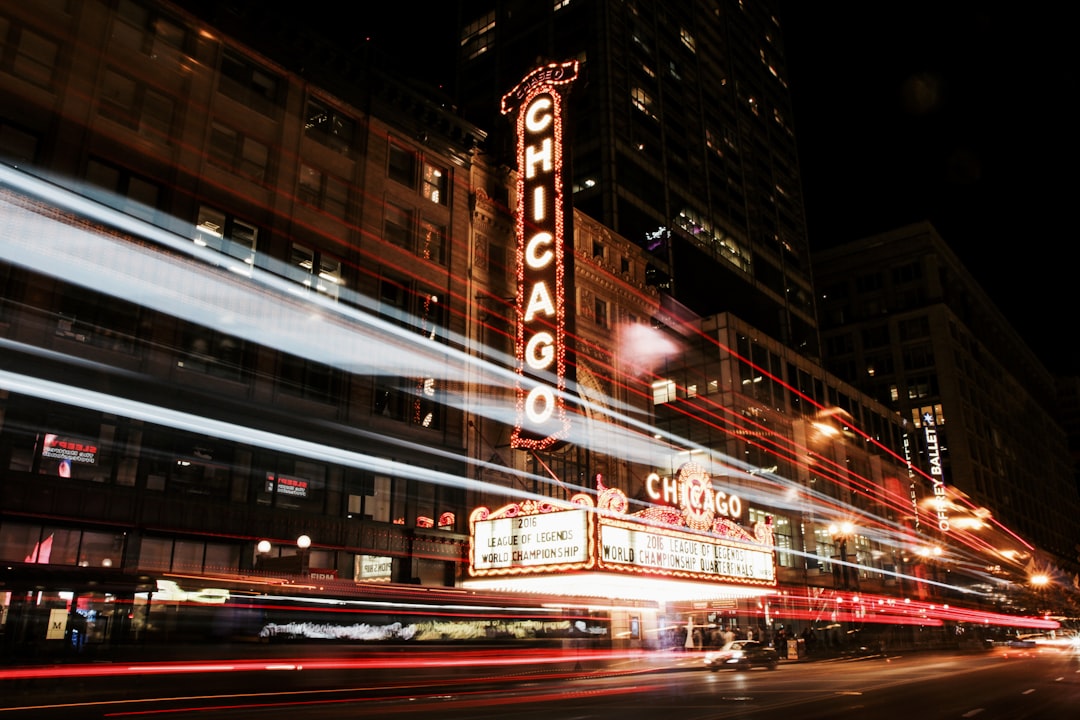
In today’s digital era, AI-powered robocalls have become a ubiquitous aspect of urban communication landscapes, including downtown Chicago. These automated phone calls leverage artificial intelligence to deliver personalized messages at scale, revolutionizing how businesses connect with their customers. While this technology offers numerous benefits such as improved efficiency and targeted marketing, it also raises concerns about the increasing number of spam calls, which has prompted the implementation of strict Spam Call law firm Chicago to protect residents from unwanted intrusions.
The integration of AI in Chicago’s communication networks is not merely a technological advancement but a complex interplay between innovation and regulation. As AI algorithms evolve, they become more sophisticated in identifying and categorizing caller identities, enabling precise targeting of specific demographics or individuals based on data-driven insights. This capability has led to both positive outcomes, like enhanced customer service, and negative impacts, such as the proliferation of nuisance calls. Understanding this dynamic is crucial for navigating Chicago’s evolving communication landscape and ensuring that technological advancements align with consumer protection efforts under the Spam Call law firm Chicago.
The Impact of AI-Powered Spam Calls on Chicago Residents and Businesses
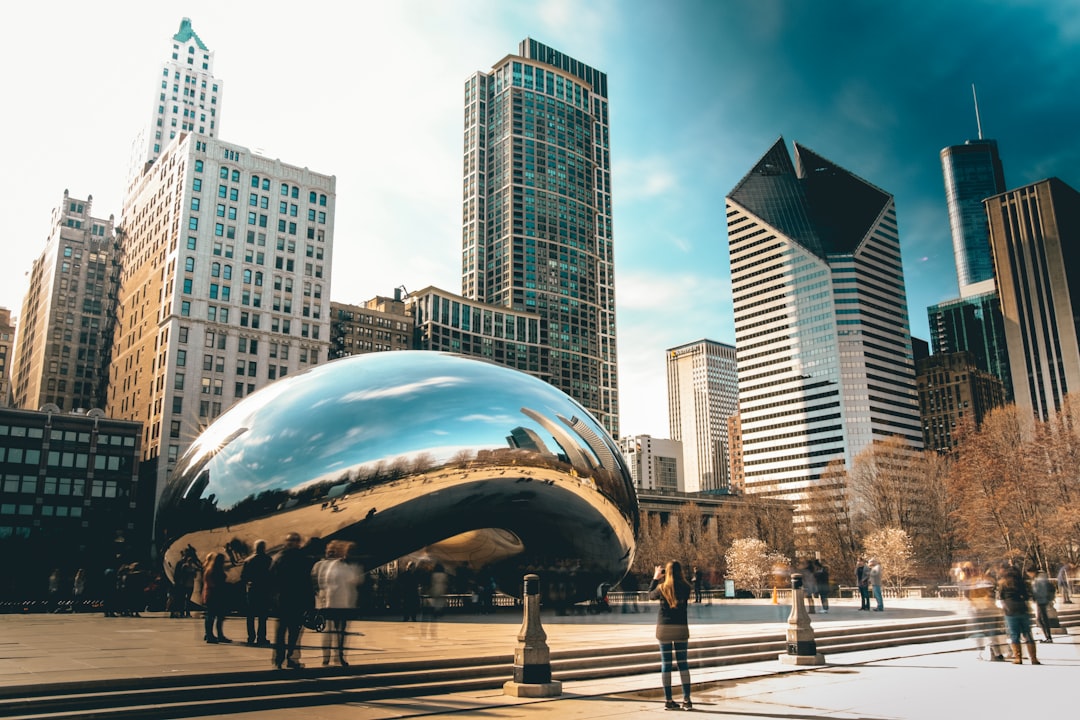
The rise of AI-powered robocalls has significantly impacted Chicago residents and businesses, leading to a surge in unwanted and disruptive spam calls. With advancements in artificial intelligence, call centers can now utilize machine learning algorithms to automatically dial thousands of numbers simultaneously, making it easier than ever for scammers and telemarketers to target individuals and companies across the city. This technology allows for highly personalized and convincing messages, making it harder for recipients to distinguish between legitimate communications and fraudulent attempts.
As a result, Chicago residents are facing increased privacy concerns and frustration from persistent spam calls. Businesses, particularly those in the service industry, are also affected, as automated voicemails and pop-up ads can detract from customer experiences and disrupt daily operations. The proliferation of AI-driven spam calls has prompted many to seek legal recourse, leading to a growing demand for Spam Call law firms in Chicago. These specialized legal practices are equipped to handle the unique challenges posed by robocalls, offering guidance and representation to protect individuals and businesses from abusive telemarketing practices.
Legal Perspective: How Does the Spam Call Law Affect Law Firms in Chicago?
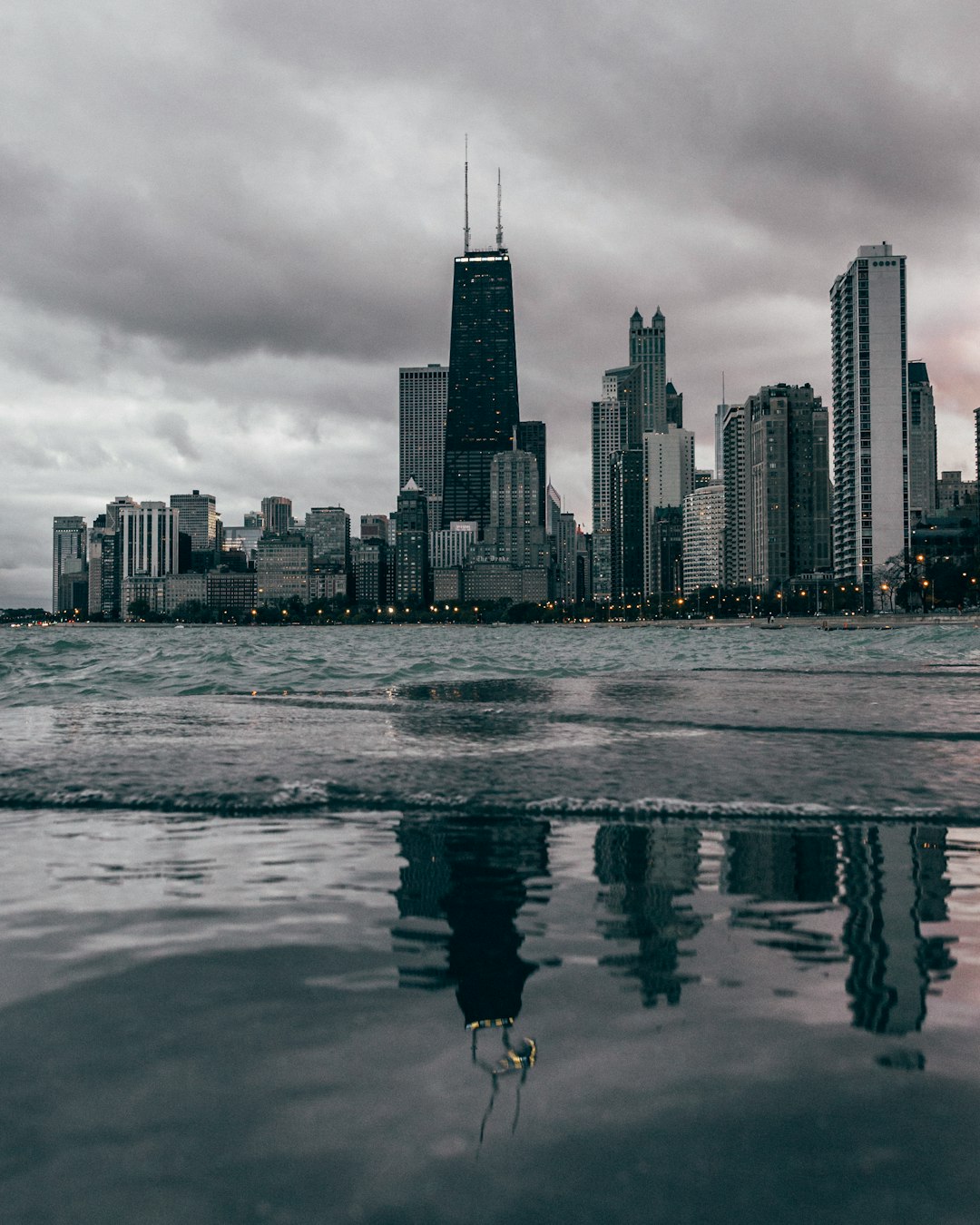
The rise of AI-powered robocalls has brought new challenges for law firms in Chicago, particularly regarding compliance with the Spam Call Law. This legislation, designed to protect consumers from unwanted and deceptive calls, imposes strict regulations on businesses engaging in telemarketing activities. Law firms utilizing AI-driven call systems must navigate these rules carefully to avoid legal repercussions.
One key aspect is ensuring that robocalls are made with proper consent, as outlined by the Spam Call law. This means obtaining explicit permission from recipients before dialing, which can be a complex process given the various forms of consent required under the law. Law firms must also implement robust systems to track and record call data, allowing for accurate documentation and potential defense against complaints or legal action related to spam calls.
Strategies for Chicagoans to Combat and Manage AI-Driven Robocalls
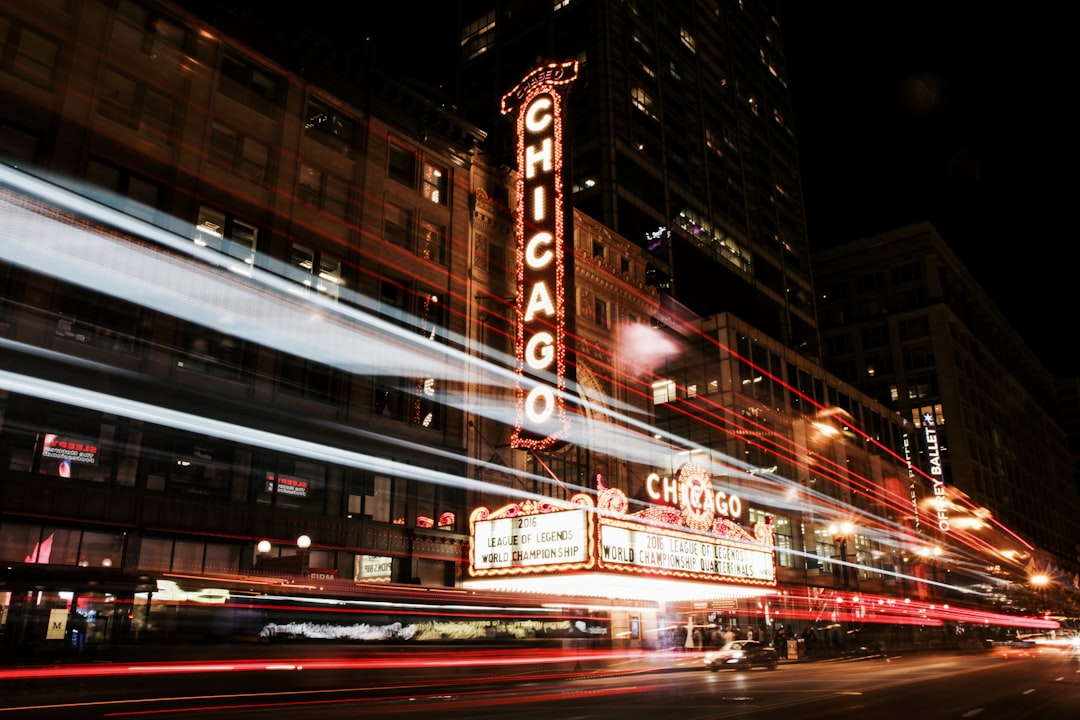
Chicago residents are increasingly facing a new nuisance in their daily lives: AI-powered robocalls. These automated, often unwanted, phone calls can be frustrating and intrusive. To combat this growing issue, Chicagoans have several strategies at their disposal. First, they can register for the National Do Not Call Registry, which provides some protection against telemarketing calls, though AI-driven spam calls are becoming more adept at bypassing these lists.
Additionally, utilizing call-blocking apps and features on smartphones can significantly reduce the number of robocalls received. Many modern phone plans also offer tools to filter out unwanted calls. For those inundated with AI-generated spam, consulting a Spam Call law firm Chicago may be beneficial. These legal experts can provide guidance on existing laws, like the Telemarketing and Consumer Fraud and Abuse Prevention Act, which offers protections against deceptive or harassing robocalls, and help individuals take action against persistent or illegal robocallers.
Future Implications: AI, Robocalls, and the Evolution of Communication Regulations
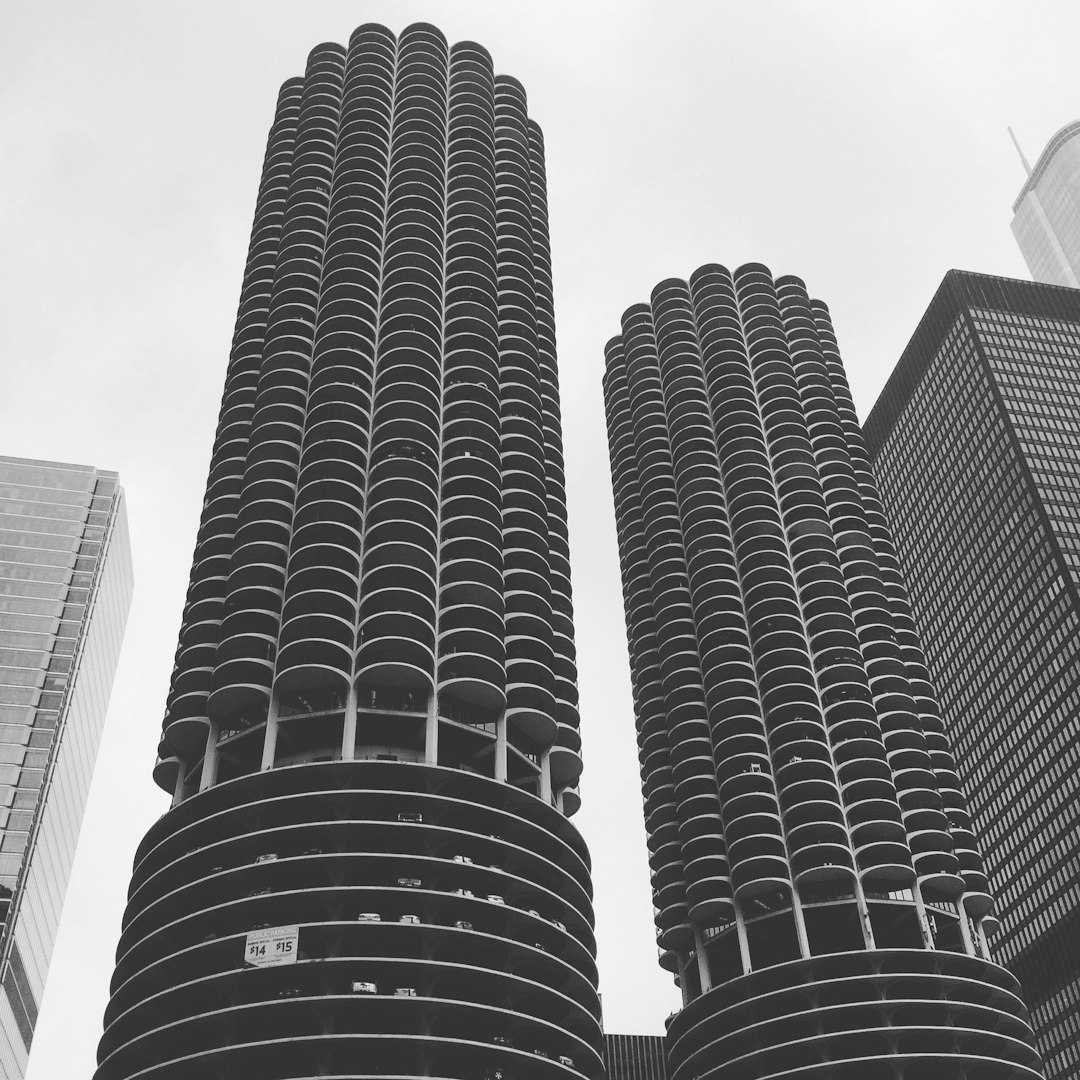
As AI technology continues to advance, the future implications for robocalls and communication regulations are significant. With the ability to generate human-like voices and personalize messages at scale, AI-powered robocalls are becoming increasingly sophisticated. This raises important questions about consumer privacy, consent, and the potential for misdirection or manipulation through automated calls.
In downtown Chicago, where a robust legal community and tech hub intersect, the evolution of communication regulations will be closely watched. The current Spam Call law firm in Chicago serves as a starting point for addressing these challenges. Going forward, regulators may need to adapt existing laws or create new frameworks specifically targeting AI-driven robocalls to protect consumers while fostering responsible innovation. This dynamic balance will shape the future of communication in an era dominated by artificial intelligence.
